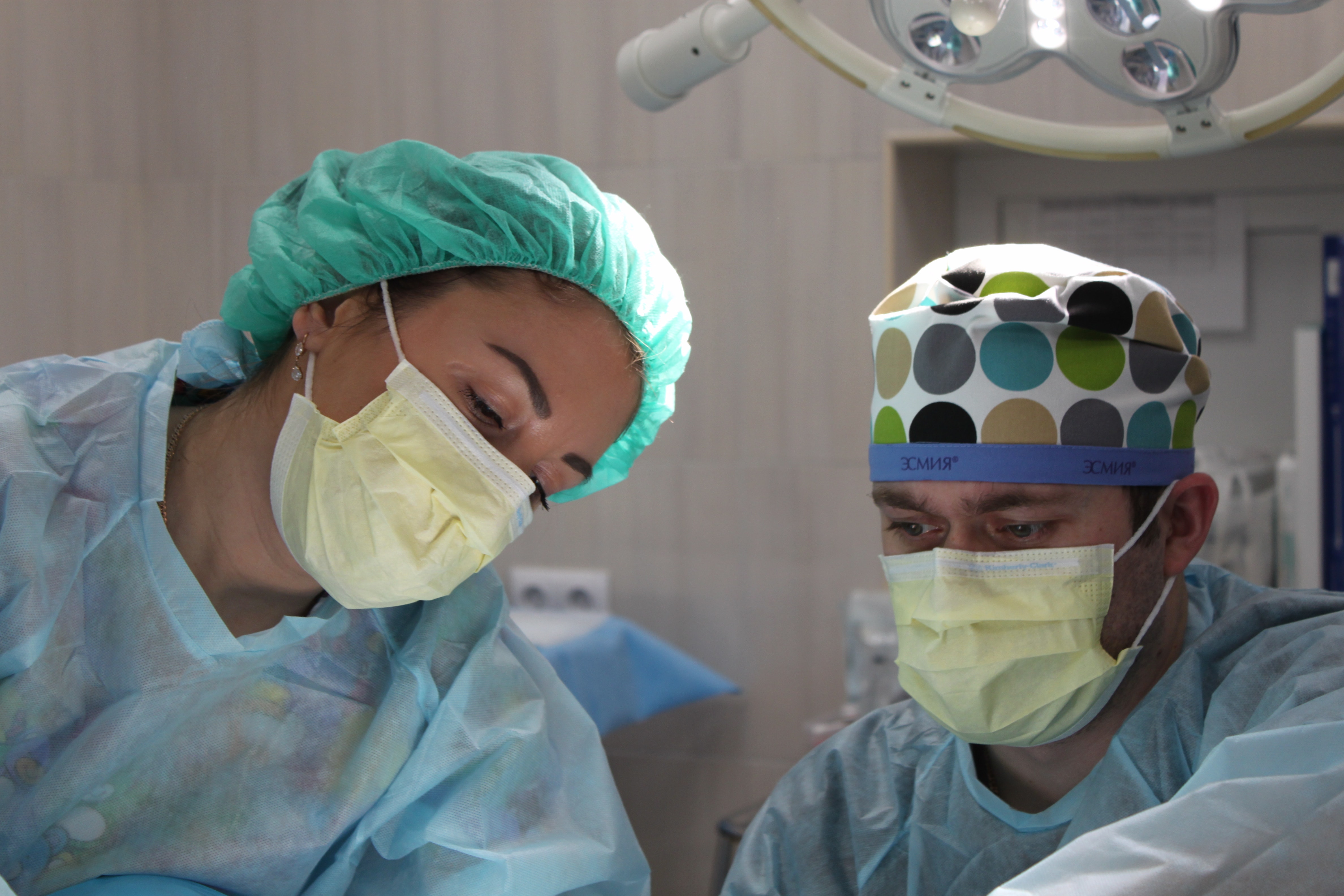Targeted therapies and immunotherapy for melanoma

On this page:
Targeted therapies
Targeted therapies can help fight cancer or stop it spreading. Different types of targeted therapies work in different ways. For sample, cancer growth inhibitors block the chemical signals that trigger cancer cells to divide and grow. This type of targeted therapy may be recommended if you have a change in the BRAF gene. Examples used for melanoma are:
- BRAF inhibitors
- MEK inhibitors
Read more about targeted therapies.
BRAF inhibitors
These drugs are used in later-stage melanoma.
BRAF is a gene that controls the BRAF protein. This protein affects how cells grow. If the BRAF gene is faulty (mutated), cell growth doesn’t switch off when it should, and cancer cells can carry on growing and spreading.
If your BRAF gene is mutated, BRAF inhibitor tablets may work for you. They target the faulty BRAF gene to stop the cancer cells from growing.
Side-effects of BRAF inhibitors
- Skin sun sensitivity: sunburn, rash and increased risk of developing non-melanoma skin cancer
- Diarrhoea
- Joint pain
- Feeling sick (nausea)
- Liver problems
- Thinning hair
MEK inhibitors
These drugs are used for melanoma with the BRAF mutation. The tablets can block certain enzymes that help the cancer cells to grow. You might have BRAF inhibitors and MEK inhibitors together.
Side-effects of MEK inhibitors
- Fever and chills
- Rash
- Feeling sick (nausea)
- Getting sick (vomiting)
- Diarrhoea
Immunotherapy
Immunotherapy boosts your body’s immune system to fight cancer. Immunotherapy works on special white blood cells called T-cells, whose job it is to help your immune system fight disease and infection. Read more about immunotherapy and the different types of immunotherapy.
There two types of immunotherapy most commonly used to treat melanoma are Anti-PD-1 drugs and CTLA 4 inhibitors.
Anti PD-1 drugs and CTLA 4 inhibitors
These are immunotherapy drugs. Immunotherapy boosts your body’s immune system to fight cancer.
These drugs target proteins called PD1 and CTLA 4 which are found on the surface of T-cells. T-cells help your immune system fight disease and infection.
PD1 and CTLA 4 help to switch off or slow down the immune system. Normally, they do this to stop the T-cells from working once a disease, infection or bacteria is cleared from the body.
Giving anti-PD 1 and CTLA4 inhibitors keep the immune system from switching off, so the T-cells keep working to fight the cancer.
Immunotherapy drugs are given to patients in a specialist cancer unit via a drip
Side-effects of anti PD-1 and CTLA 4 inhibitors
- Extreme tiredness (fatigue)
- Skin rashes
- Diarrhoea
- Hormonal imbalances.
- Flu-like symptoms, like chills, fever, joint pain and headaches.
- Depression
Side-effects are usually mild and are caused by your immune system working hard to fight cancer. Usually the side-effects disappear once the treatment is over.
For more information
Phone
1800 200 700



